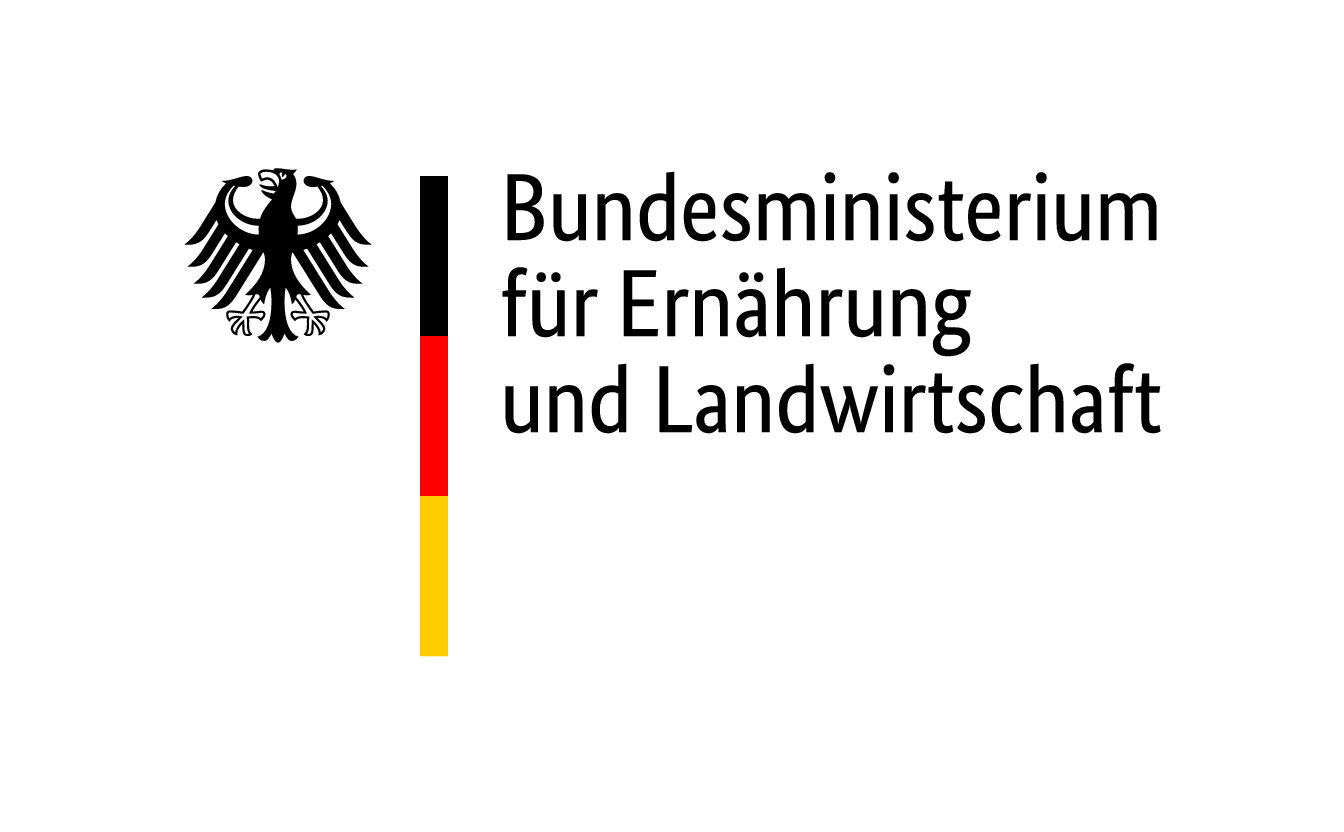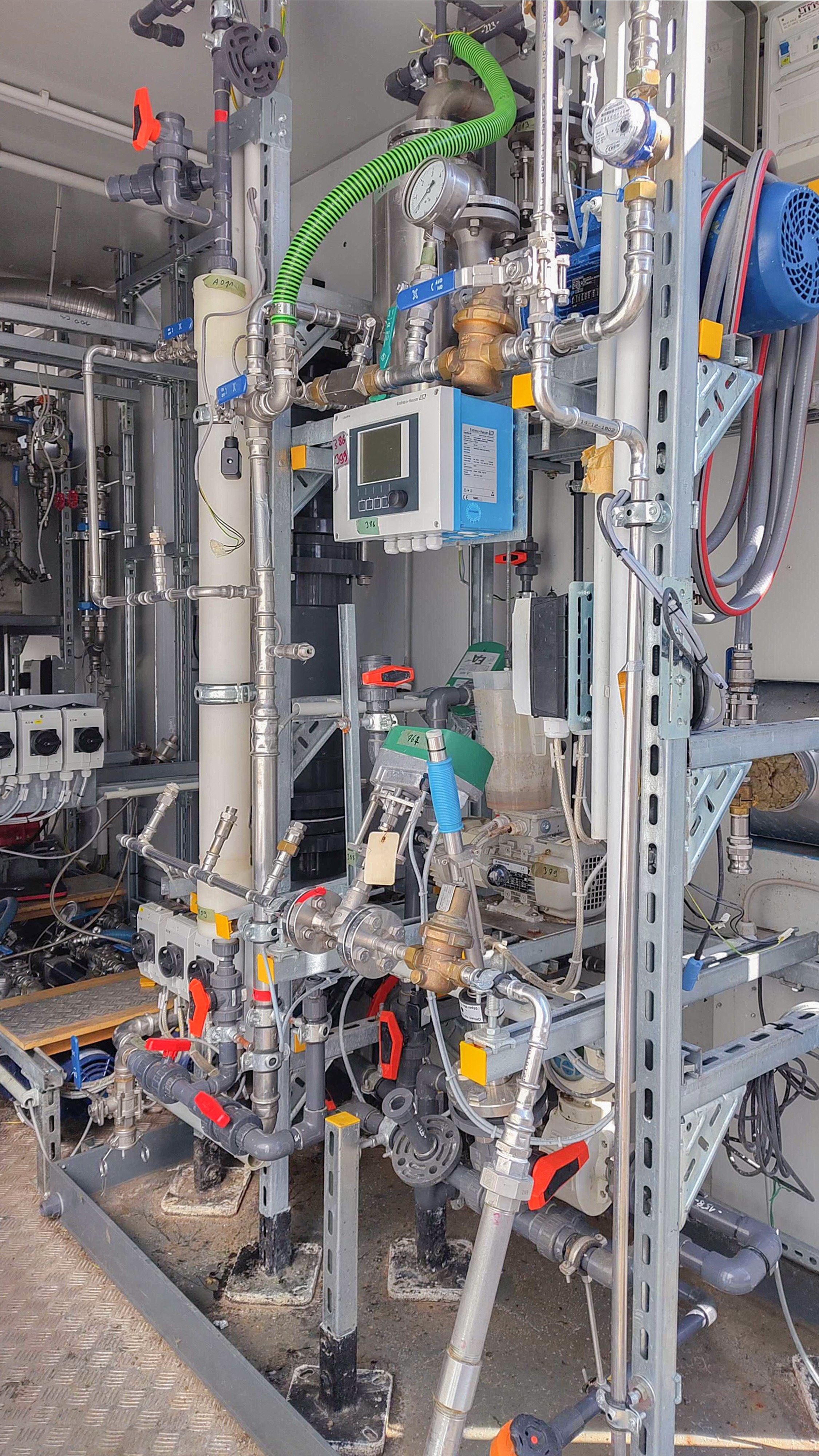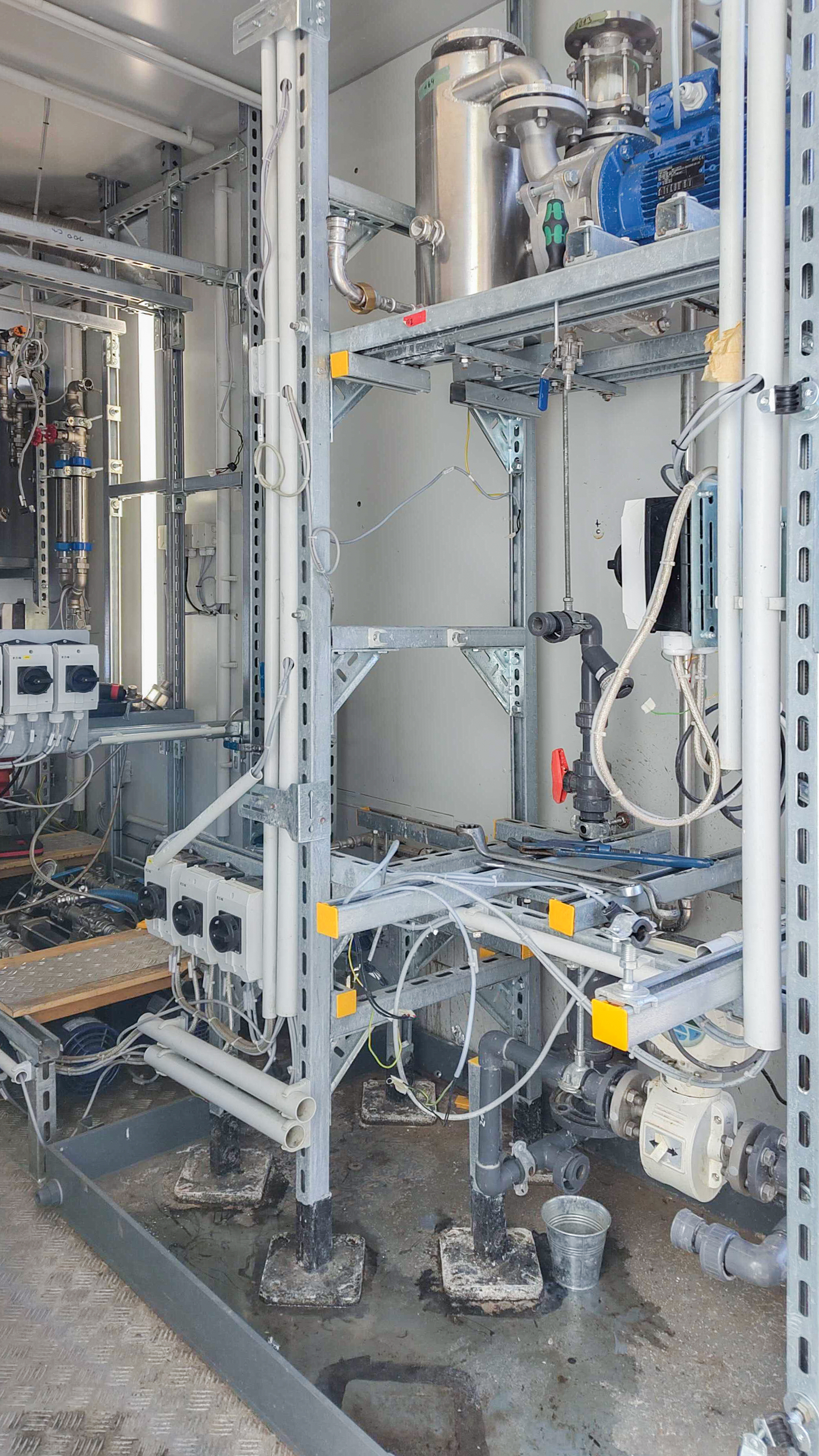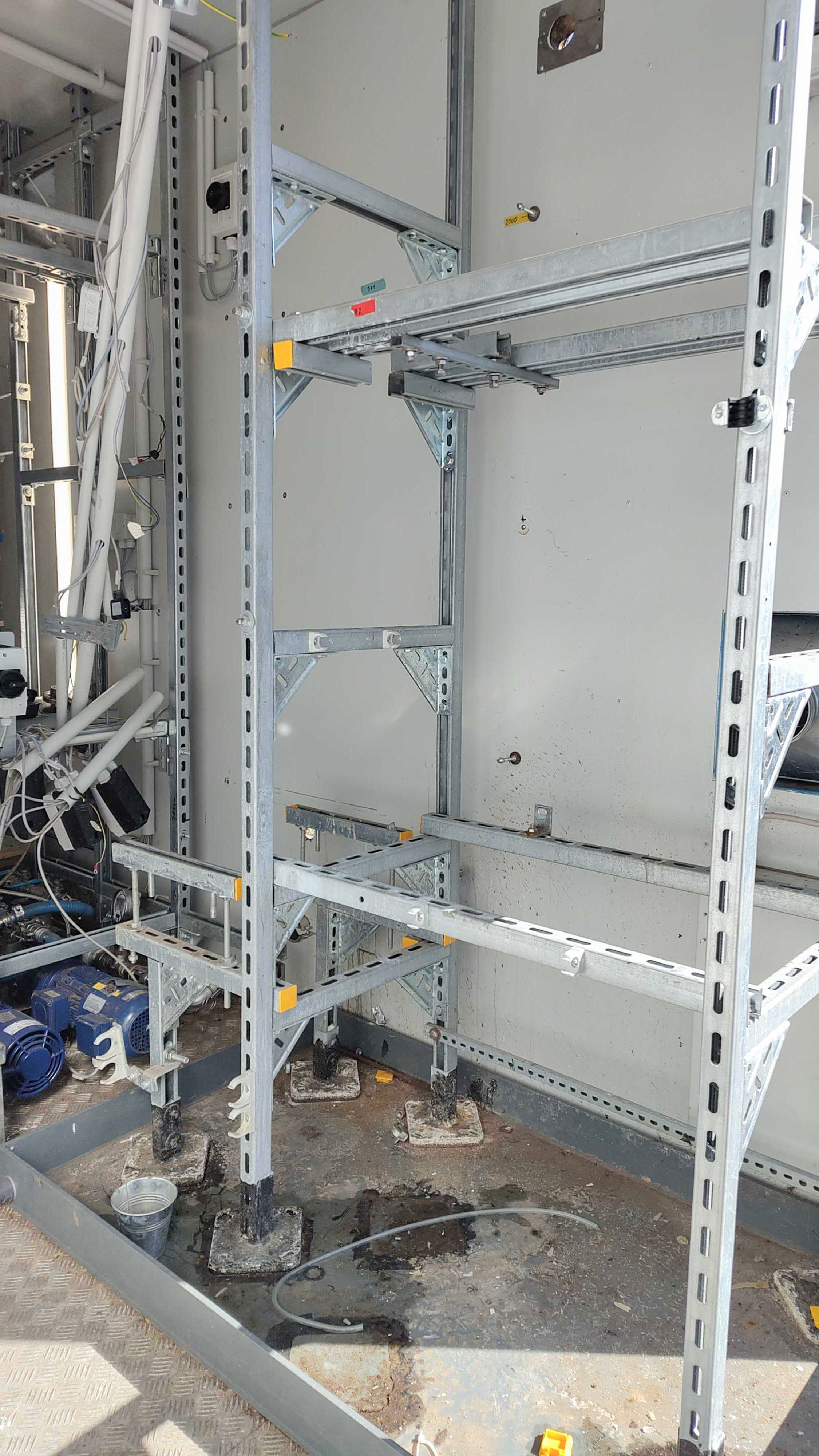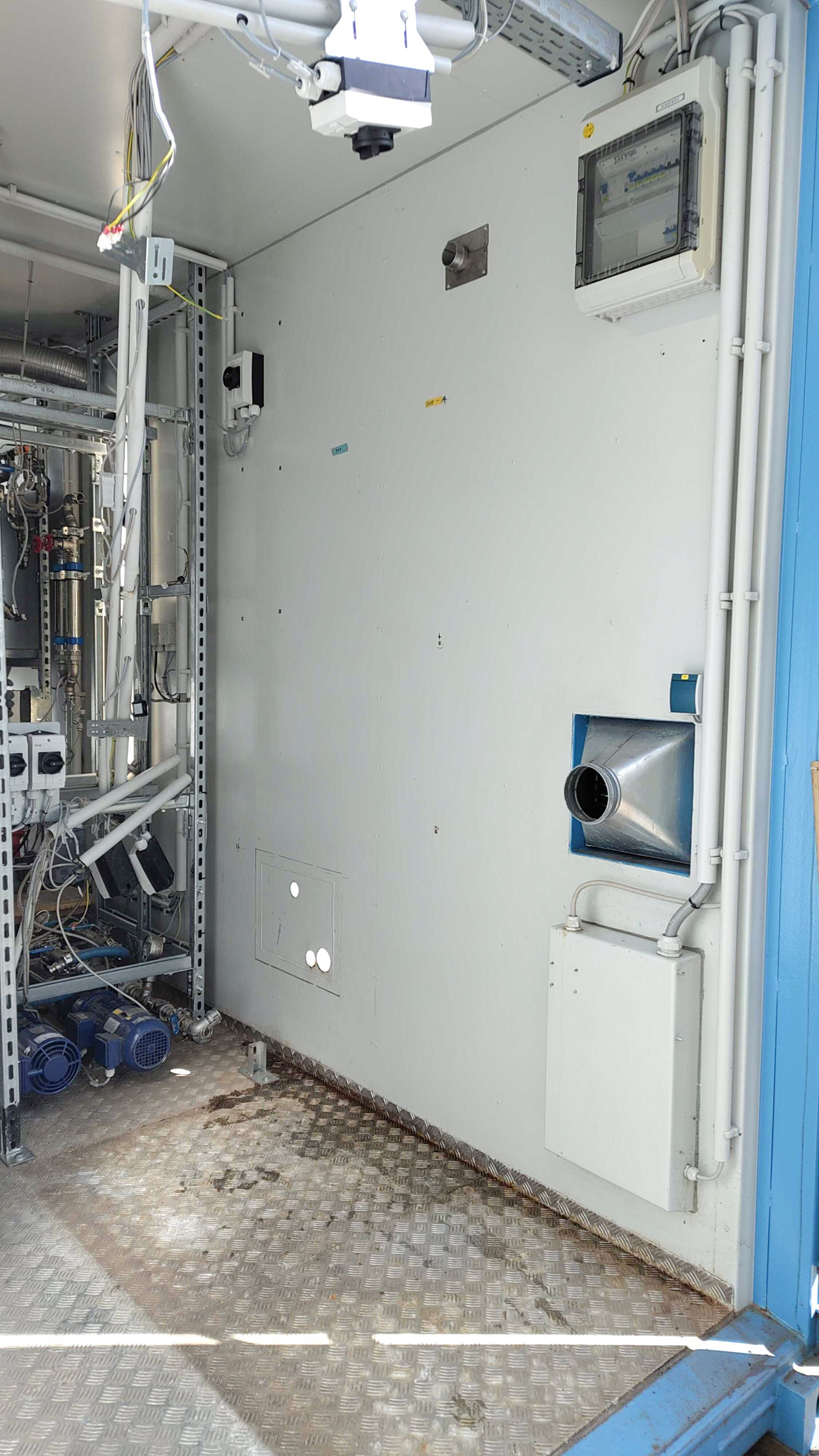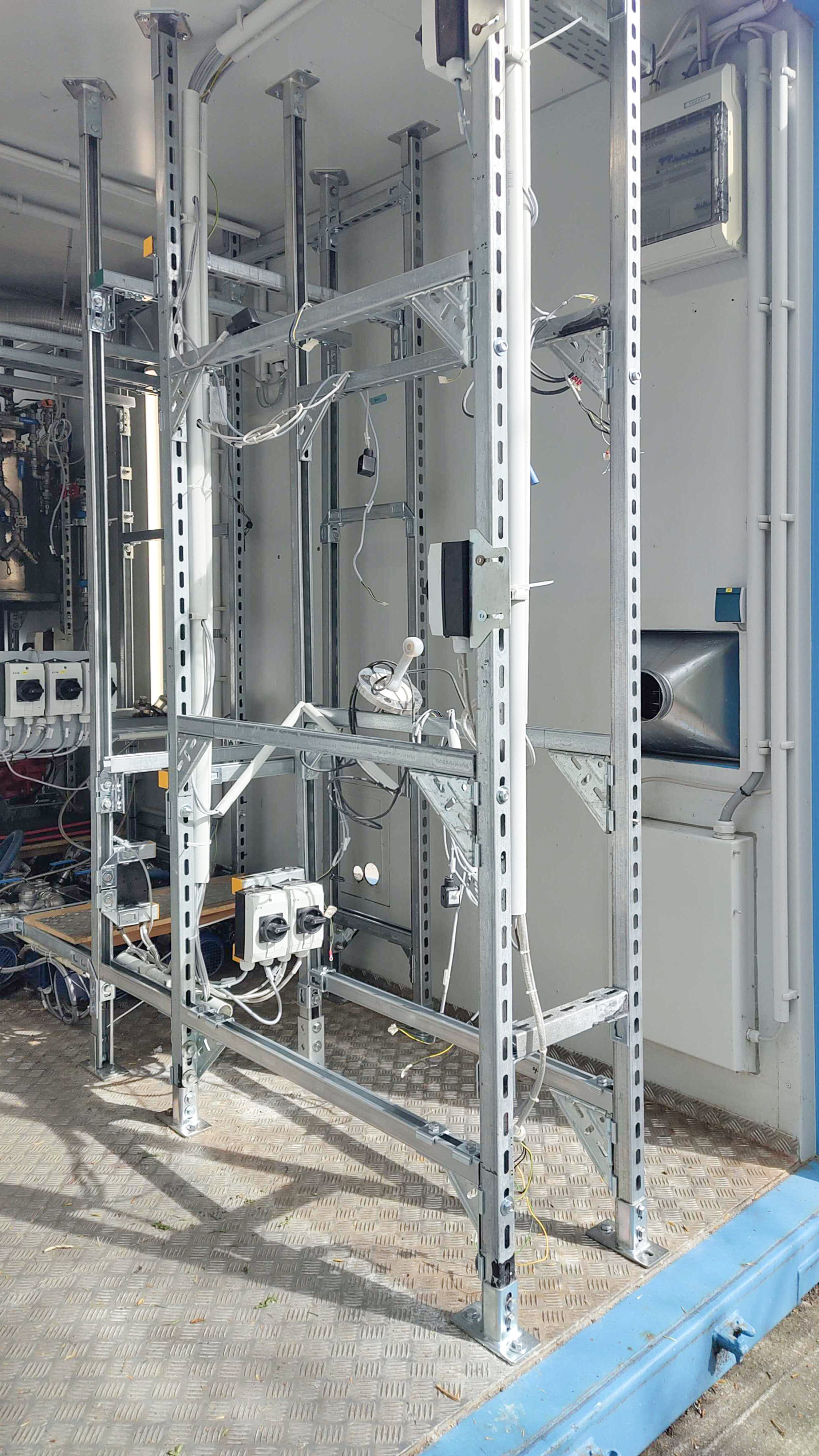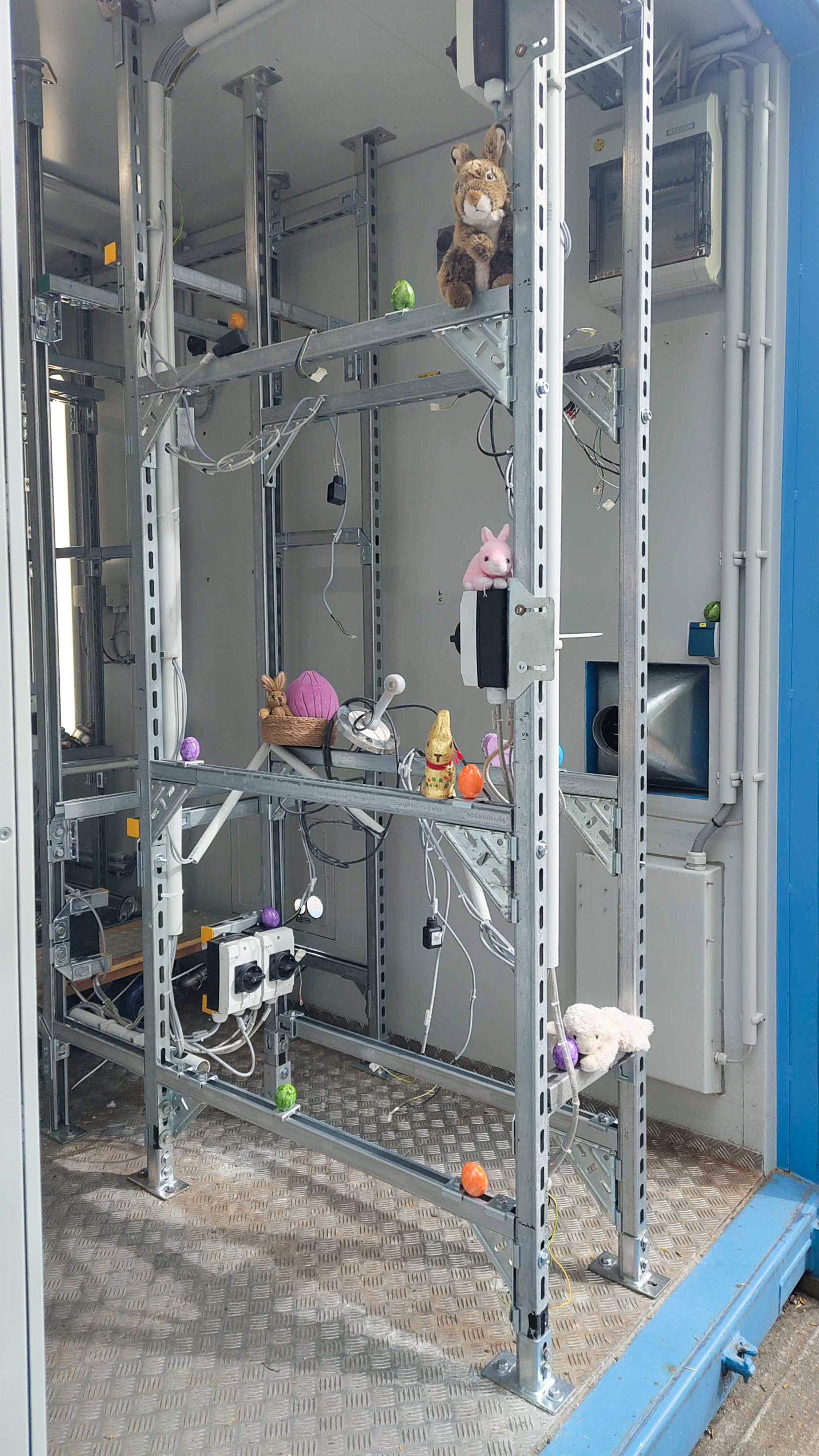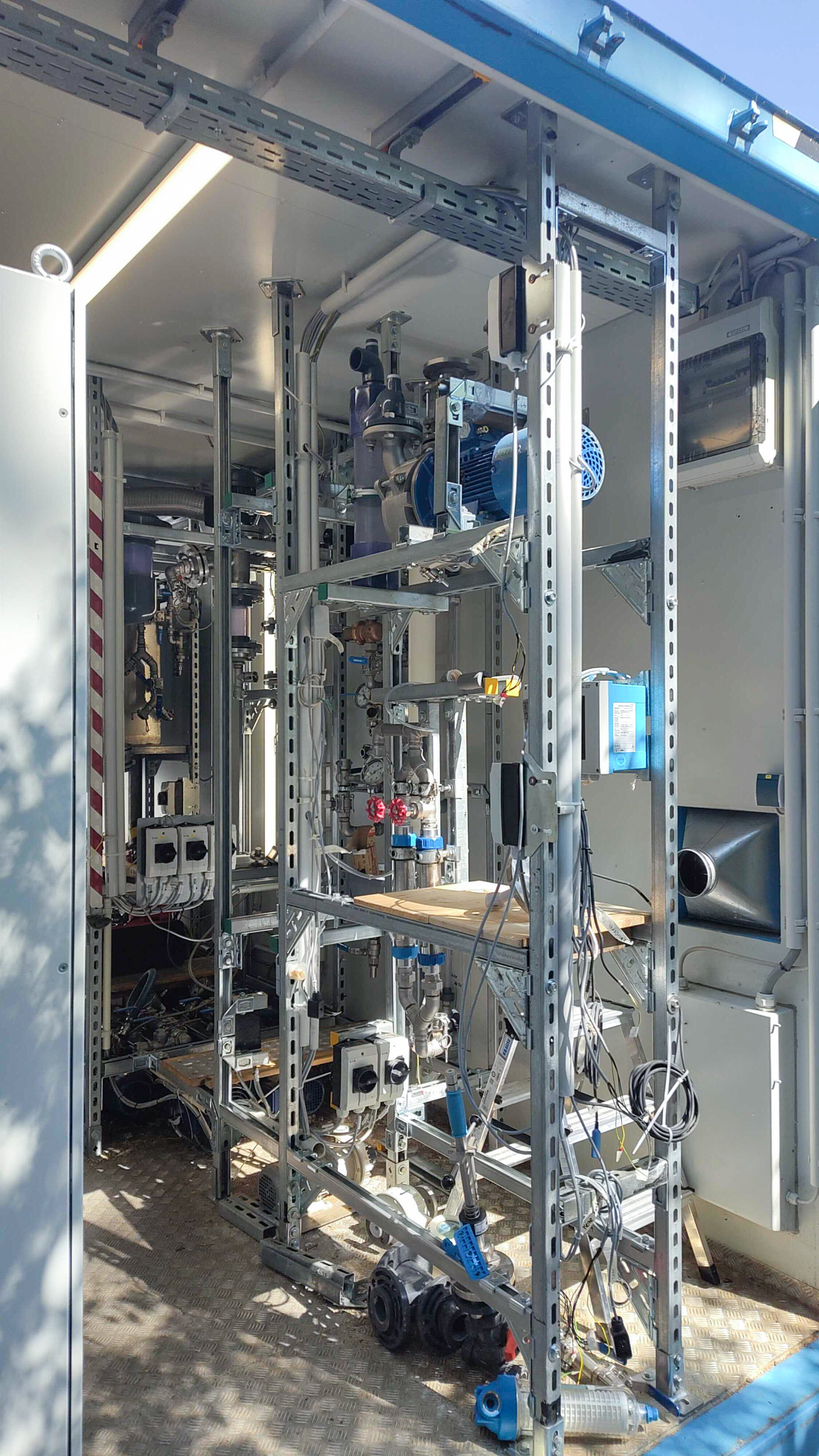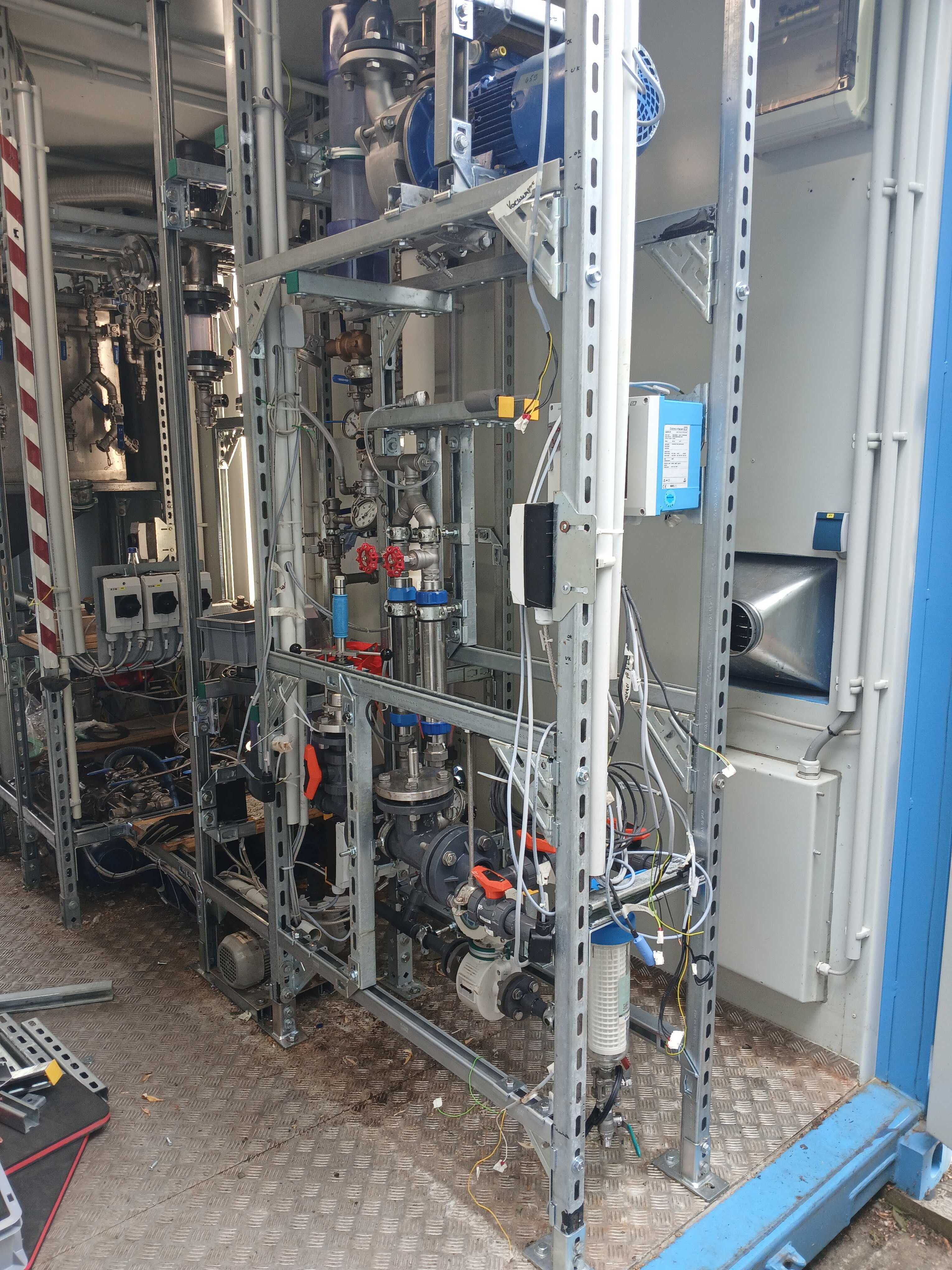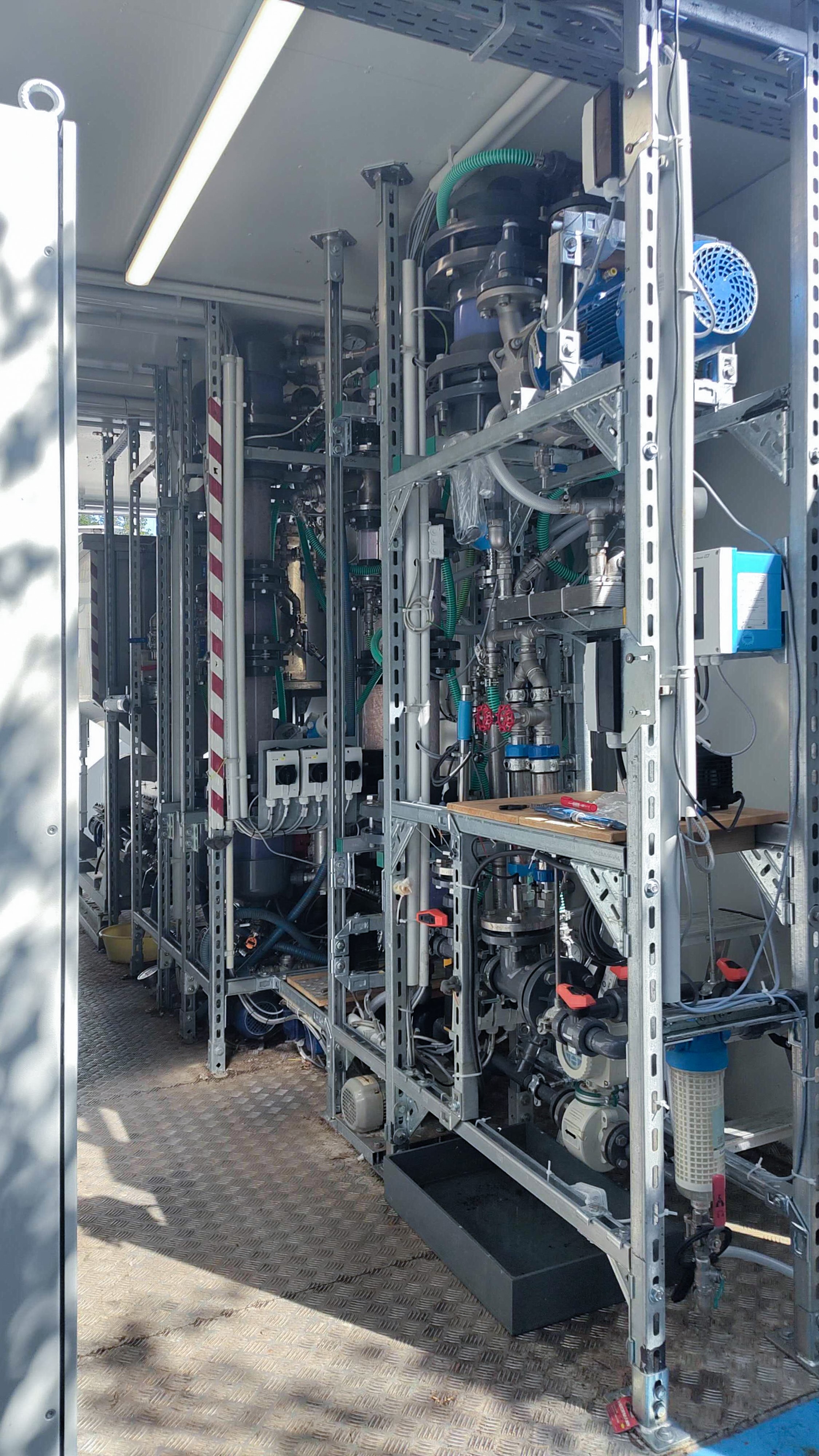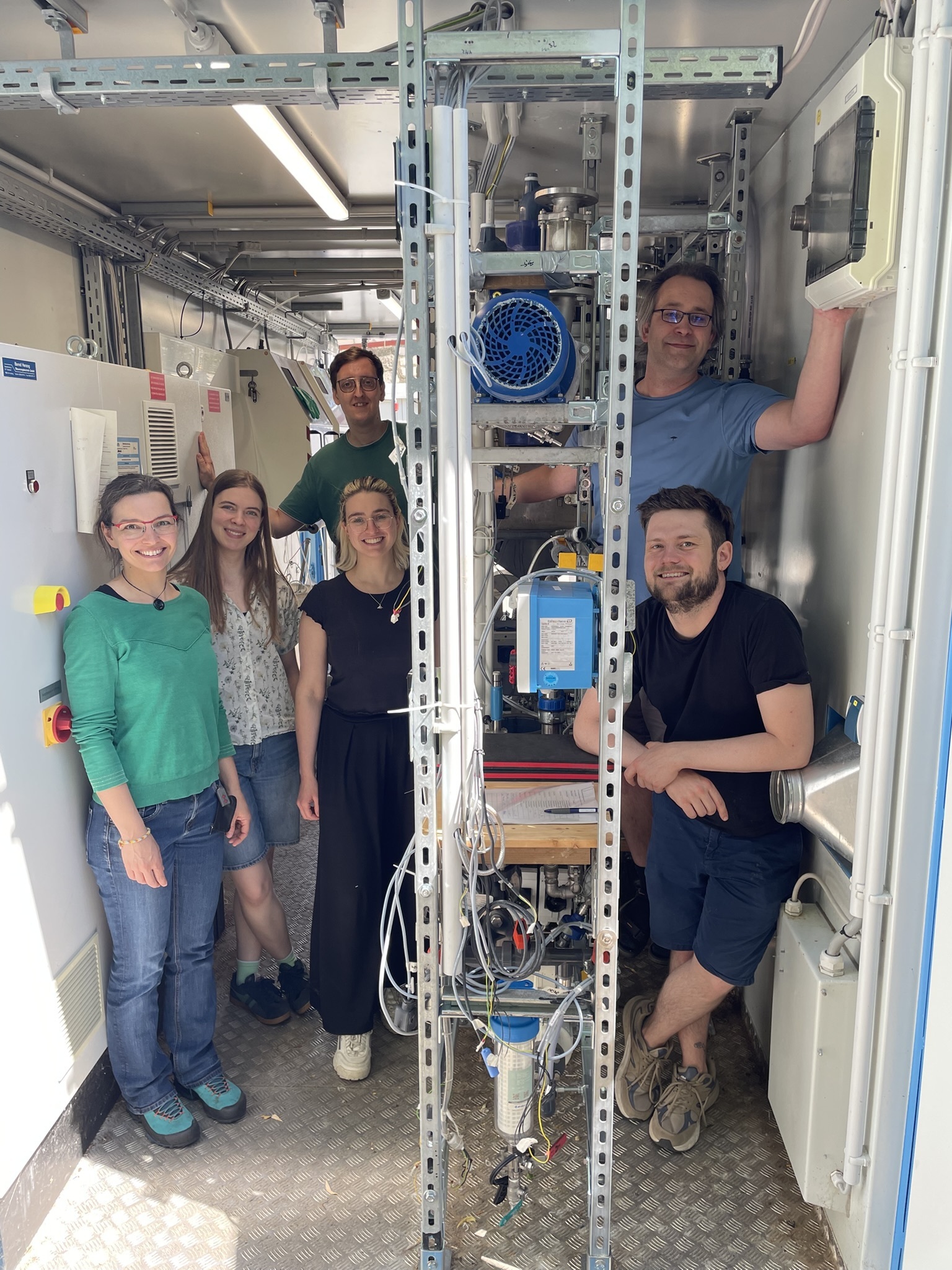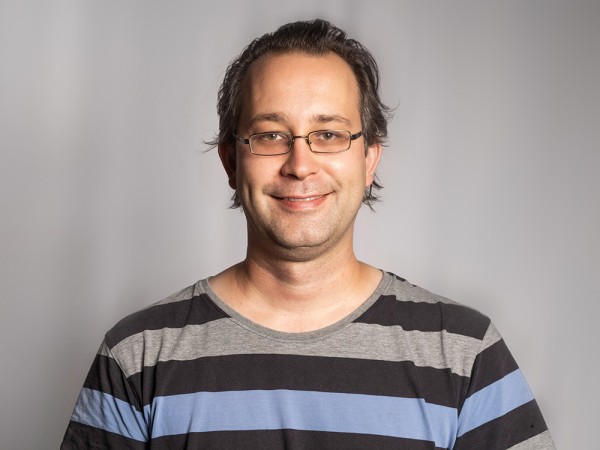Increasing gas yield and reducing emissions in manure digestion through two innovative components
The GEWINN project aims to optimise the energy and nutrient potential of organic fertilisers through innovative biogas processing approaches. The goal is to enhance energy yields while improving nutrient efficiency, making a significant contribution to sustainable agriculture and circular economy practices.
Innovative processes for dual benefits
By combining two cutting-edge methods, the project achieves dual benefits:
Ammonium removal and mineral fixation: Ammonium is recovered using ammonia stripping, while residual ammonium is fixed as struvite – a valuable mineral nutrient.
Thermal-alkaline hydrolysis: This process maximises biogas production during subsequent digestion.
A valuable mineral by-product, usable as a fertiliser, is produced. Additionally, residual methane in the digestate is removed through post-digestion degassing. Nutrients remaining in the digestate are fixed as struvite, a highly effective and sustainable fertiliser.
Societal relevance
The GEWINN project contributes to the energy transition, resource conservation, and reduction of environmental impacts. By improving biogas production efficiency and recovering nutrients, organic fertilisers can be used more sustainably in the future. This enables the efficient recycling of energy and nutrients back into the system.
KWB's role in implementation
We play a key role in the project’s implementation. Its responsibilities include:
Planning, retrofitting, commissioning, and optimising processes for disintegration, degassing, and nutrient fixation.
Conducting laboratory analyses to ensure the effectiveness of the developed methods.
Evaluating the ecological and economic performance of the entire process chain, from environmental impact to cost-effectiveness.
A step towards the future
GEWINN demonstrates how innovative technologies can address global challenges like climate change, while promoting sustainable resource use and targeted nutrient management. This forward-looking project offers valuable solutions for a more environmentally friendly approach to agriculture.
Impressions of the conversion of the absorption unit of our pilot plant for ammonium recovery and disintegration

